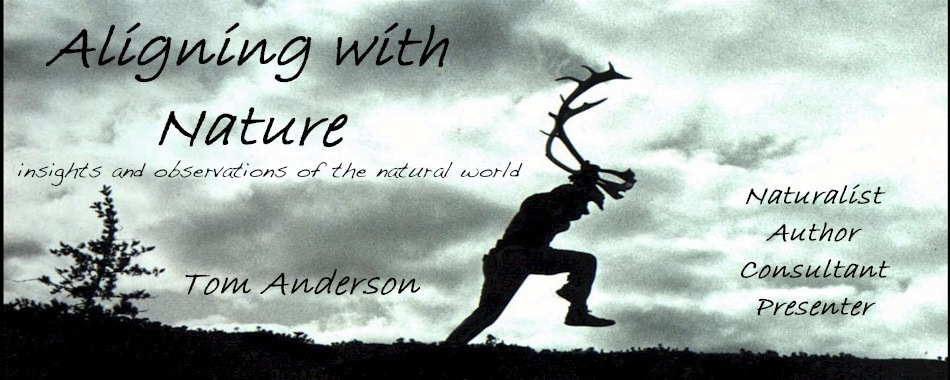My Church

“Everything that lives is holy.”
William Blake, 17th and 18th century English poet
A week ago, on Sunday morning, I found myself getting properly dressed for church. I slipped on two pairs of wool socks, warm boots, one glove and a wool stocking cap for my prayerful walk through the blessed sanctuary.
The recent wind-driven snows had transformed the gray November woods to zebra stripes. This patterned cathedral surrounding our rural home has experienced its seasonal makeover. The snow-covered limbs and underbrush filigreed the landscape. I’ve never experienced a church confessional booth but I wonder if this crystalline confinement might be similar. But rather than experience a blanket of guilt, here, I could only sing praises.
I choose to seek my spiritual growth beyond human-crafted religion. I have no regrets in searching beyond the familiar dogma of my Lutheran upbringing. There was much to love about those Sundays with familiar faces and equally familiar hymns. To this day some of those old tunes are like a comfort food. These include, I Love to Tell the Story, Beautiful Savior and Children of the Heavenly Father.
As the years passed, I continued to hum these tunes but my familiar Sunday path began to feel to me like an old itchy wool shirt that I had to shed. Now I guess I would be labeled a bona fide “blue-domer.” Author and filmmaker Robert Perkins introduced me to that term and I would have to say that, like him, I am a disciple of wild and open spaces where the blue sky ceiling and even the tempestuous, stormy or night sky becomes my church’s canopy.
Centuries ago, royal “forests and chases” covered 20% of England. These holdings were to remain wild for the pleasures of the hunt or be tended as gardens where the elite could stroll. The intent was to preserve the flora and fauna from the relentless push of settlement.
I entered the snow-quiet woods, and was reminded of the words of one of my favorite American presidents, Teddy Roosevelt. This champion of conservation and wilderness referred to wild lands as the “silent place unwritten by man.”
Outdoors, away from the babble of telephones, radios, televisions, fans, furnaces, air conditioners or any artificial sounds, I can pay attention, really pay attention, to the moment. Consequently, all is made new. Here I can fully surrender to wonder.
Here, I don’t have to worry about singing praises off key or even being judged by others. The only offering I have to tithe is to promise diligence and offer dollars to those efforts that serve to protect the integrity of natural systems. These not only assure the survival of humanity but countless other non-human lives, from microscopic invertebrates to whales and giant sequoia trees. I guess that you could call our dollar contributions support for an ongoing operating expense.
During the morning walk I pondered this time of great change and asked for the courage to find a loud and effective voice for the natural world that sustains me both physically and soulfully.
I admire the writing of Wendell Berry. He is a favorite essayist, novelist, poet, environmental activist, cultural critic and long time farmer with a unique gift of telling meaningful stories of the land. He once wrote an essay entitled Christianity and the Survival of Creation and delivered it from the pulpit of his home church in Kentucky. His sermon moves me and much of it augments my own thinking.
Here is a short excerpt:
“We will discover that, for these reasons, our destruction of nature is not just bad stewardship, or stupid economics, or a betrayal of family responsibility; it is the most horrid blasphemy. It is flinging God’s gifts into his face, as of no worth beyond that assigned to them by our destruction of them.”
I love wild places. Consequently that means I love church. . . as long as it has an open ceiling, unfettered winds, the pungent smell of musty leaves, and the aroma of fresh growth. Here the liturgy will include a dawn chorus of thrushes and cranes. Evening vespers are delivered by bell-like peals of frogs and the musical stridulations of crickets. I believe these are the most beautiful hymns. These are the living verses of the book of life that humble me and put me to my knees like nothing else can. Here I am inspired to work harmoniously with the natural world and in doing so, experience heaven on earth.
The famous 18th century American naturalist, thinker and writer, Henry David Thoreau aptly penned, “Heaven is under our feet as well as over our heads.”
Amen.

Filed under: Uncategorized

Leave a Reply
You must be logged in to post a comment.